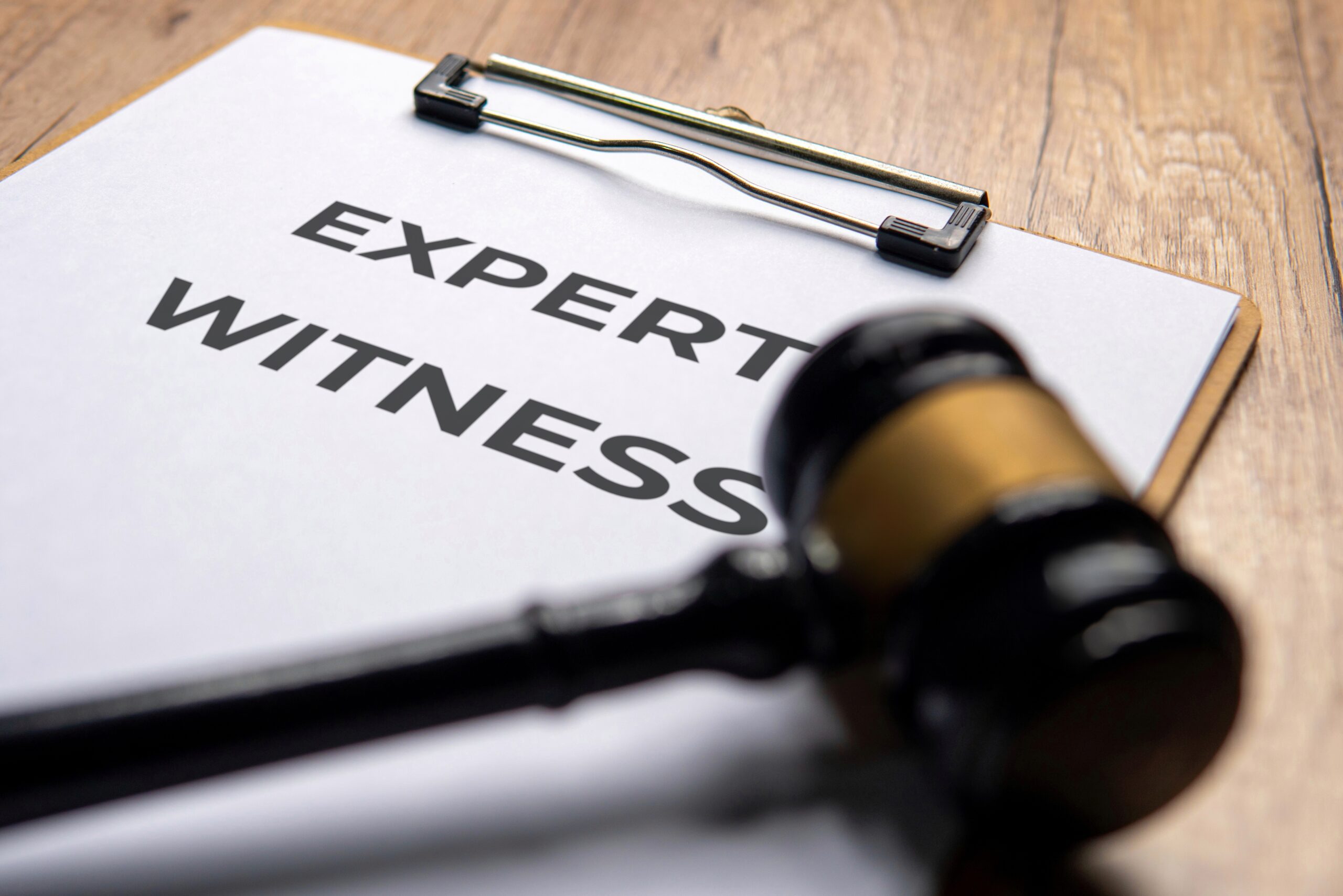
Accidents happen, and they happen not only in cars, but also aboard cruises. When accidents occur, do not just rely on what the cruiseline carrier is telling you; instead, speak to a lawyer who will advocate on your behalf.
When accidents occur, the plaintiff is tasked with demonstrating that the defendant cruiseline company is at fault. Cruise ships are subject to standard inspections and the ship’s design must be up to certain standards. As a result, the plaintiff may need to bring in outside experts to demonstrate how the cruiseline did not provide passengers with a safe experience and the cruiseline is therefore negligent.
The recent case of Scacceti v. Norwegian Cruise Lines depicts how vital it is to have competent expert opinions and how large cruiselines may fight such expert opinions.
Daubert Hearing
Often, a first step in whether to accept expert testimony will be a Daubert hearing. This occurs in front of the judge assigned to the case. There is no jury and it is a hearing, not a trial, to determine fitness to be an expert. At a Daubert hearing, a judge may issue a ruling that an expert may testify at trial but is only authorized to discuss specific things.
Also note that a Daubert hearing can also be used to determine whether a specific witness qualifies as an “expert” for judicial purposes. Texas and Federal law has a whole body of statutes and case law for determining expert qualifications. At a Daubert hearing, one party will often challenge the qualifications of an expert witness. It is up to the judge to determine whether a party qualifies. This item will not be part of the trial for judicial efficiency, meaning that courts do not want to make it a trial within a trial to determine expert credentials so a judge will dispose of this issue at the hearing.
Even if the witness is determined to be an expert at a Daubert hearing, there may still be issues about the ability to testify at trial. The following is one such case.
Scacceti Case
The Scacceti case discusses how far a judge will allow testimony of an expert witness and what that expert witness is required to present to a jury. In that case, Scacceti, the plaintiff, sued Norwegian Cruise Line, or NCL, for an injury that she sustained while aboard an NCL cruise. Plaintiff claimed that she fell while descending a set of stairs and broke her ankle. She claimed that NCL was aware or should have been aware of the hazard and is therefore negligent.
To substantiate her case, the plaintiff hired an engineer to act as an expert witness and provide his opinion. The plaintiff provided Mr. Fore, an engineer, as a witness. Mr. Fore claimed that the structure of the steps was part of a negligent design based on numbers that he got from a chart. On an NCL motion to deny his testimony, the court approved the motion because Fore did not measure the stairs; he only based it off a chart. Clearly, the standard for bringing in an expert witness is high.
Injured in a maritime accident? Contact the Kolodny law firm, aggressive representation for those injured in maritime accidents.

